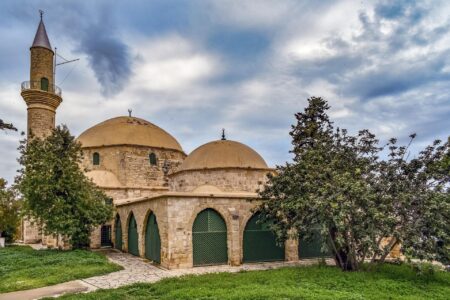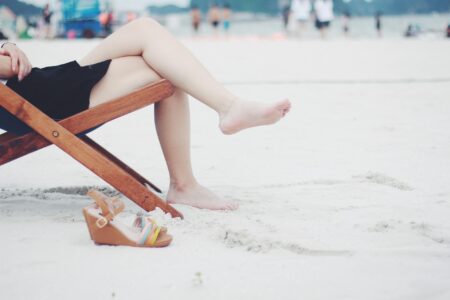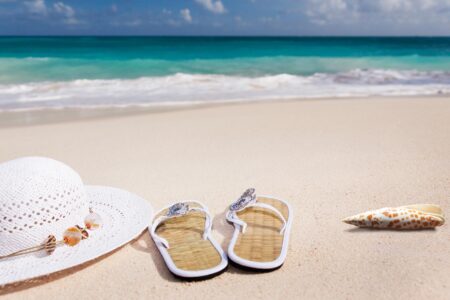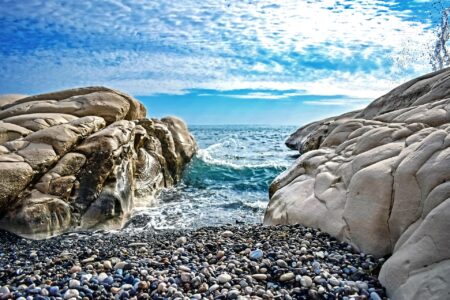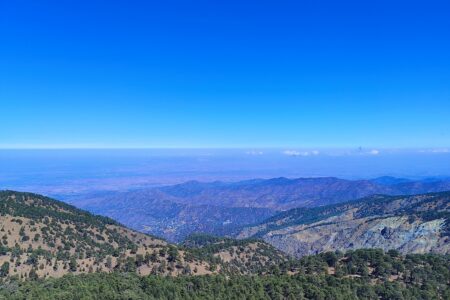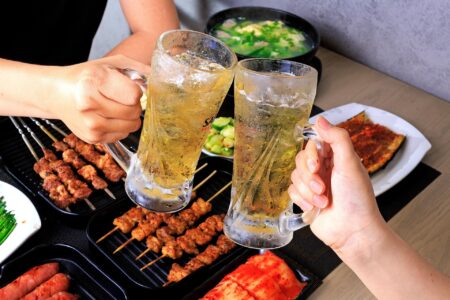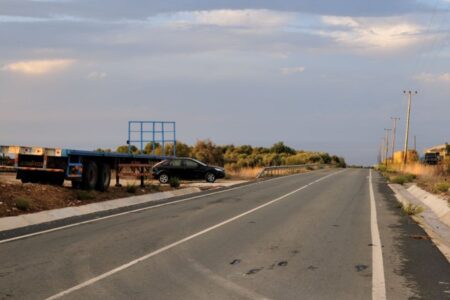Cyprus is an island with a hot climate, especially during the summer months when temperatures can reach up to 40°C. Protecting yourself from the heat becomes essential for staying comfortable on the island. By using the right strategies, you can not only survive the heat but also enjoy the sunny days without compromising your health. Here are a few helpful tips.
Contents
Proper Hydration — The Key to Health
One of the main ways to combat heat is by maintaining proper hydration. High temperatures lead to rapid dehydration, so it’s important to drink water regularly throughout the day, even if you don’t feel thirsty. It’s best to choose plain water or unsweetened drinks. Sugary sodas and alcohol can worsen dehydration, which will only intensify the negative effects of the heat.

During hot days, it’s also beneficial to eat more juicy fruits and vegetables, such as watermelon, cucumbers, and oranges. They contain a high amount of water and will help you stay refreshed. Remember, lack of water can lead to fatigue, headaches, and even heatstroke.

Choosing the Right Clothing
The right choice of clothing plays a big role in how your body copes with high temperatures. Clothes should be lightweight, loose-fitting, and made from natural materials like cotton or linen. These fabrics allow your skin to breathe, helping you stay comfortable even in intense heat. Light colors are also preferable, as they reflect the sun’s rays and help keep your body cool.

Don’t forget to wear hats — wide-brimmed hats, caps, or scarves will protect you from direct sunlight and help prevent overheating. It’s equally important to apply sunscreen to exposed skin to avoid sunburn.
Plan Outdoor Activities Wisely
Summer in Cyprus is characterized by especially high temperatures in the middle of the day, from 11 a.m. to 4 p.m. During this period, it’s best to avoid prolonged exposure to the sun, especially in open areas. If you need to go outside, try to stay in shaded areas or under awnings. Plan your active activities, such as walks or excursions, for the early morning or evening hours when the temperature is lower.
If you’re planning a day at the beach, make sure to protect yourself from the sun. Tents or umbrellas are great solutions for creating shade and comfort. The sea will help cool your body, but remember to reapply sunscreen regularly, as water does not protect you from UV rays.

Cooling Your Living Spaces
Spending time in air-conditioned rooms is one of the best ways to beat the heat. Air conditioners help maintain a comfortable temperature, especially during the hottest part of the day. If air conditioning is unavailable, you can use fans and regularly ventilate rooms. Another alternative is taking a cool shower, which refreshes and helps maintain a normal body temperature.
Additionally, it’s a good idea to close windows and curtains during the hottest hours of the day to prevent your home from overheating. It’s best to open windows in the early morning or evening when the air is cooler.
Light Meals
In hot weather, your body copes better with light meals. Avoid fatty and heavy foods, as they require more energy to digest and may cause discomfort. Instead, include fresh fruits, vegetables, fish, and light salads in your diet. These dishes help maintain hydration, and the lightness of the meals contributes to better well-being on hot days.

Also, try to avoid hot meals that can further warm your body. Cold soups like gazpacho and refreshing drinks will be especially enjoyable.
Finding Coolness in Mountain Areas
If the heat by the coast becomes unbearable, you can escape to the mountains. For example, the Troodos Mountains offer a cooler climate, even in the summer months. Here you can enjoy fresh air, beautiful landscapes, and avoid the scorching sun. Many locals and tourists choose mountain walks as a way to relax during the summer heat.

It’s also worth noting that in most mountain villages of Cyprus, temperatures can be several degrees lower than on the coast, providing more comfortable conditions for walks and outdoor activities.
Cooling Off in Water
The sea is the perfect place to relax in the heat. Swimming in the sea or pool helps lower your body temperature and provides a much-needed cool down. However, even while swimming, it’s important to protect your skin from the sun’s rays. Water doesn’t block UV radiation, so be sure to use waterproof sunscreen and reapply it regularly.

Additionally, Cyprus offers many places where you can enjoy water sports or simply relax by the water in the shade. It’s a great way to stay healthy while keeping cool.
Signs of Heatstroke and First Aid
High temperatures can cause heatstroke, especially if precautions aren’t taken. The main signs of heatstroke include dizziness, nausea, weakness, a rapid heartbeat, and an elevated body temperature. It’s important not to ignore these symptoms and take immediate action.
If you feel unwell, find shade or a cool room, drink water, and rest. If your condition worsens, seek medical attention. A timely response to the signs of heatstroke can prevent serious health consequences.
The heat in Cyprus is no reason to avoid enjoying your vacation. By following simple rules and taking necessary precautions, you can handle the high temperatures and spend time on the island comfortably. Remember to drink plenty of water, protect yourself from the sun, and plan active activities for the morning or evening hours.


